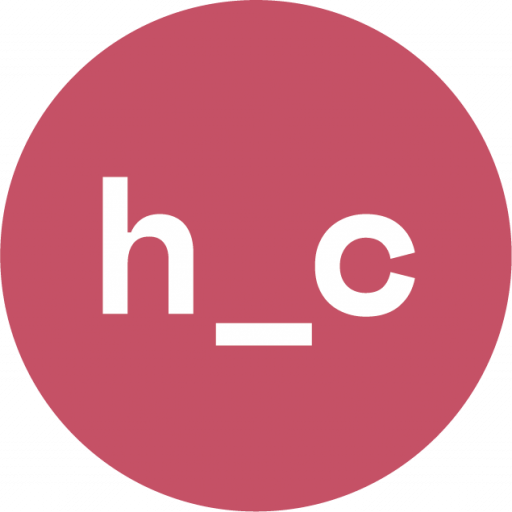Back in 2006, the scholar-activist Andrew Ross summed up the energies of the Free and Open-source Software (FOSS) movement as “voices proclaiming freedom in every direction, but justice in none.” What first united FOSS hackers, after all, was a narrow commitment to the limitless availability of software and its underlying code—the free flow of information, with no restrictions on users’ behavior. The first “freedom 0” in the Richard Stallman’s Free Software Definition and criteria 5 and 6 of the Open Source Definition, in effect, guarantee that the software can be used for any purpose, evil or otherwise. Stallman and his ilk feared that a few restrictions here and there would eventually start an avalanche.
With her CopyleftConf 2020 talk, “The Rising Ethical Storm in Open Source,” Ruby developer Coraline Ada Ehmke insisted that FOSS can do better, and it begins with taking human rights seriously. She and others had been chipping away at the old consensus for a while, but not always in ways that put a chill down your spine. The climax of the talk evokes the liturgical genre of the litany: the listing of saints (or, in this case, sinners) in a common, rhythmic formula. The litany levels accusations at four companies—Amazon, Microsoft, IBM, and Salesforce—and then addresses their employees, at least some of whom were surely in the audience, in the second person: “Your company is complicit in human rights abuses, and it is your ethical responsibility to either organize for change or quit your job.”
It isn’t that Ehmke is against information freedom. She admires the achievements of Stallman and company, and she has built a career contributing to open projects. It’s her love of the code-sharing that makes her want it to be more than that, to extend the freedom it seeks beyond the code-base. Her litany concludes: “Freedom for freedom’s sake is incompatible with our responsibility to society. Software freedom must not come before human freedom.”
Ehmke offered not merely a denouncement, but a lifeline. She builds on longer, ongoing struggles to break open the doors of often male-dominated, information-obsessed hacker cultures to more diverse participants and more awareness of how technology affects the outside world. In the years proceeding this talk, she had helped reshape the architecture of free and open-source culture by introducing and widely promulgating the Contributor Covenant, a simple code of conduct for addressing toxic behavior in developer communities. Her newer project was the Ethical Source Movement, which established a definition of what counts as an ethical-source software license.* For instance, her Hippocratic License forbids users of thus-licensed software from using the software to violate the Universal Declaration of Human Rights. It was inspired by a signal moment in the rising “techlash” of public opinion against the major tech companies, felt particularly among developers: the revelation that the software-development platform GitHub had been contracting with U.S. Immigration and Customs Enforcement, the arm of the Trump administration’s brutal border policies.
“Stallman wanted a printer driver,” she said, referring to an itch that gave rise to the Free Software movement, “we want kids out of cages.”
Ehmke is an engineer, and the style of her agitation has been to offer tooling—the means by which hackers might organize their creations around justice for humans, not just liberty for the code. In this address, she turns her offer into a demand.
*I have contributed to the Ethical Source Definition.




